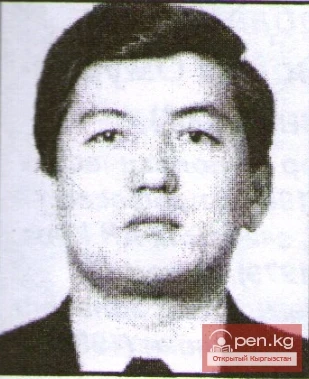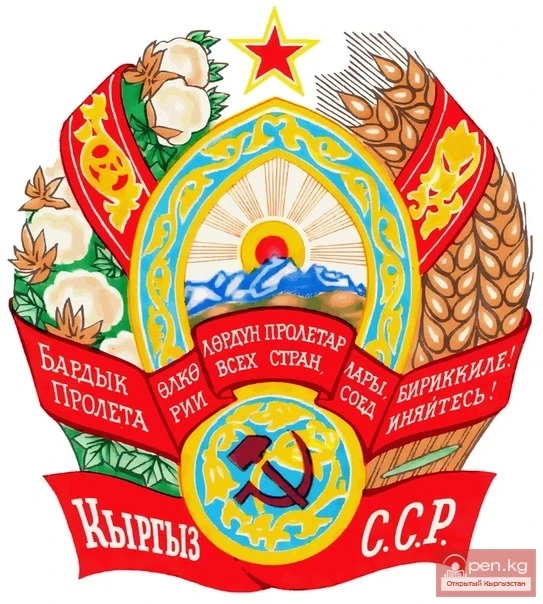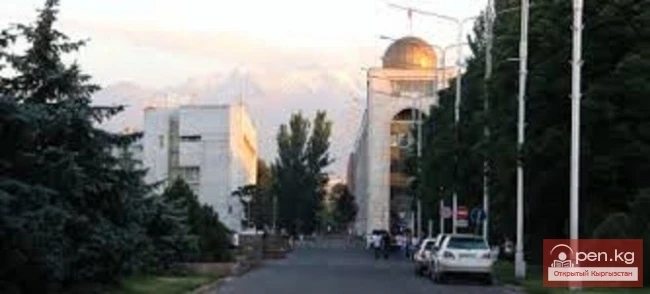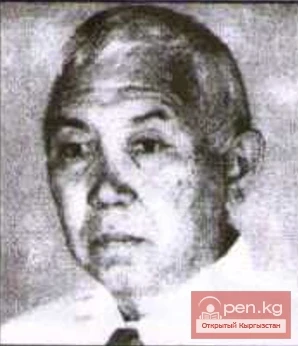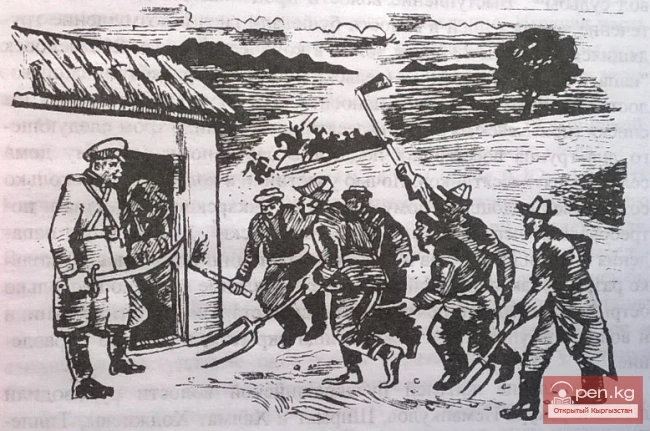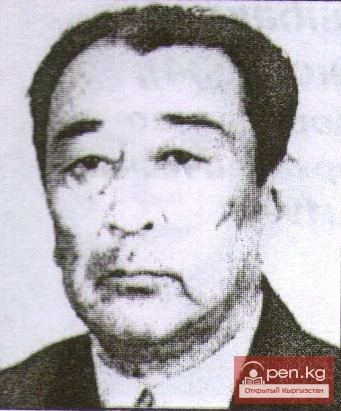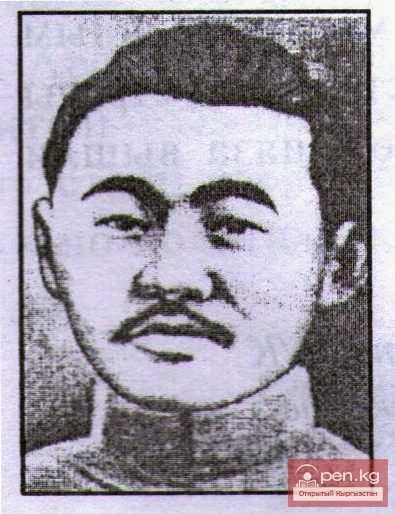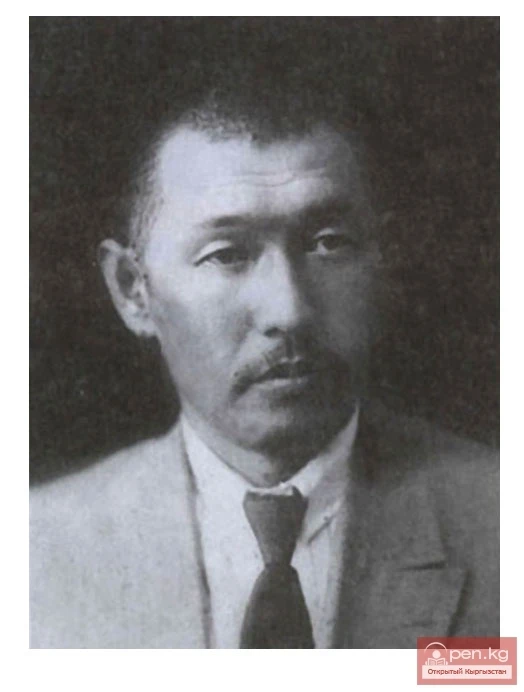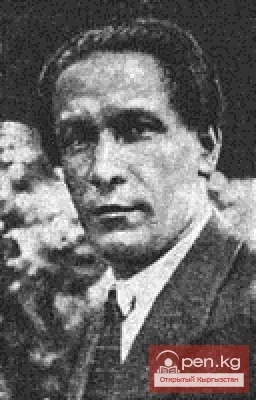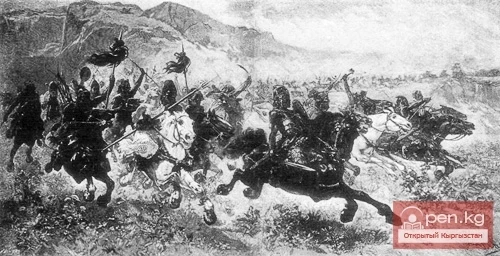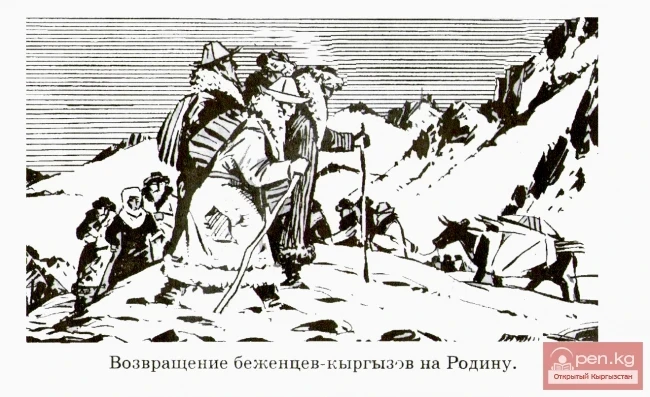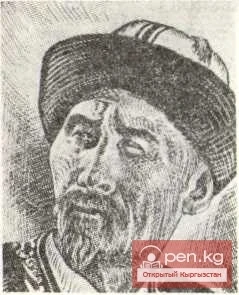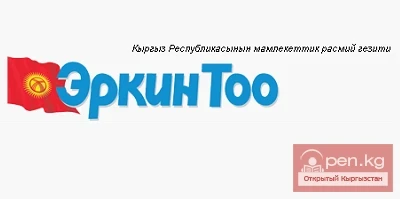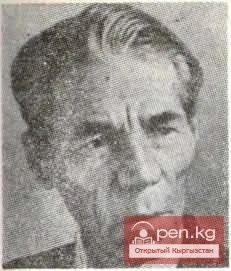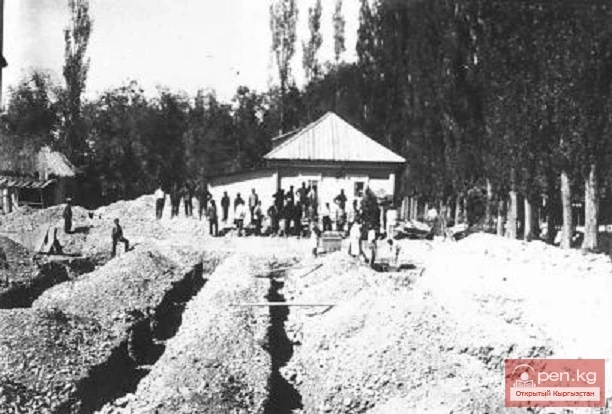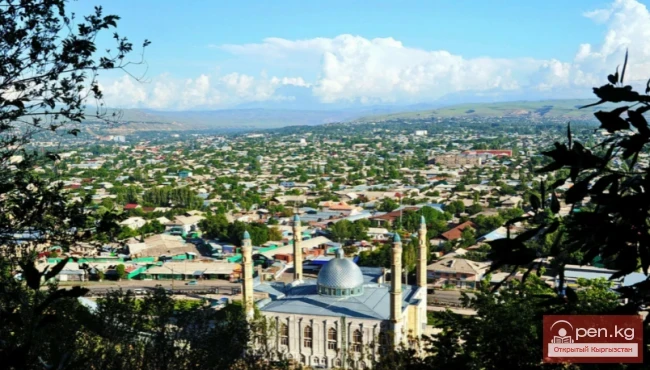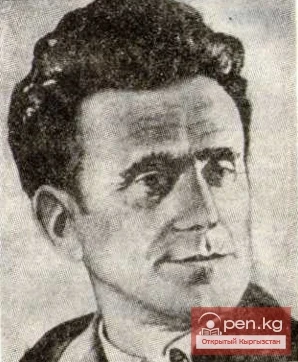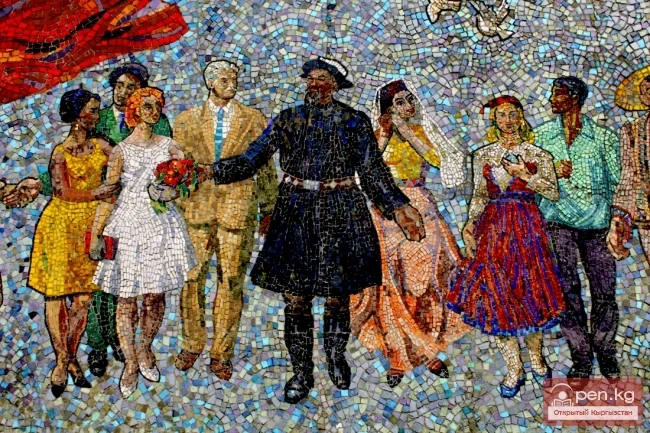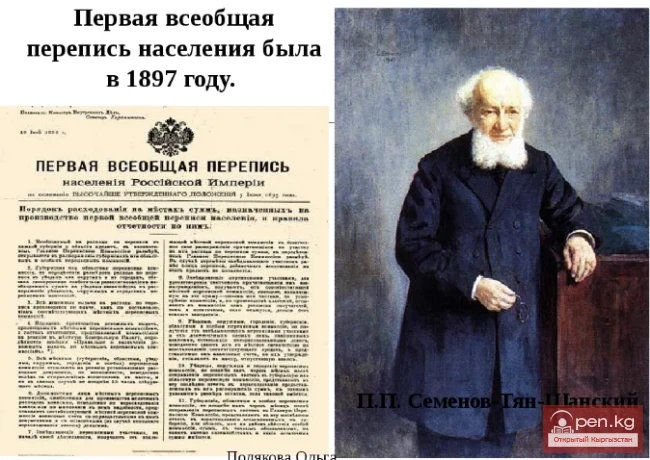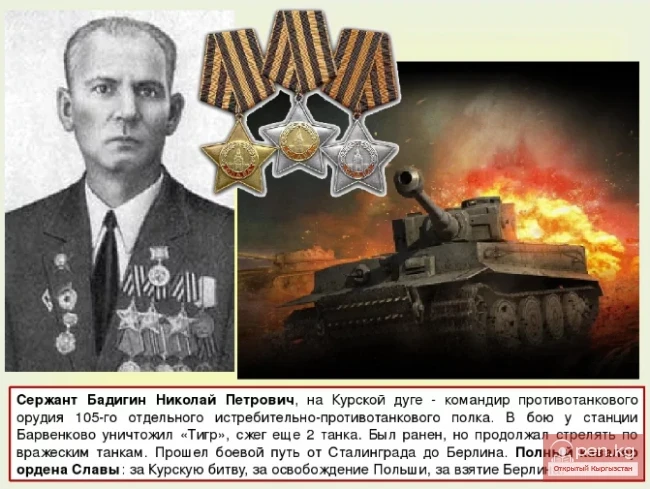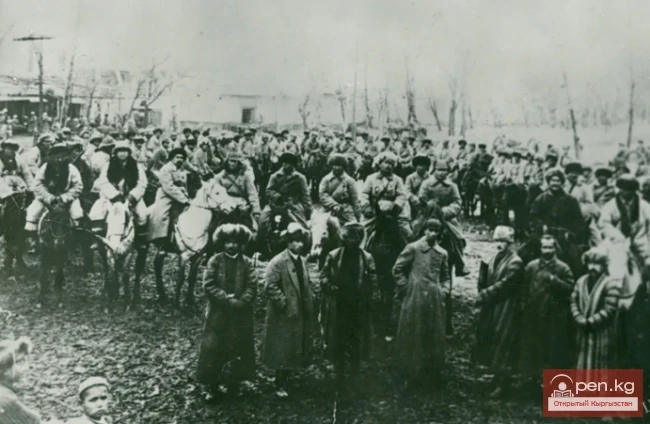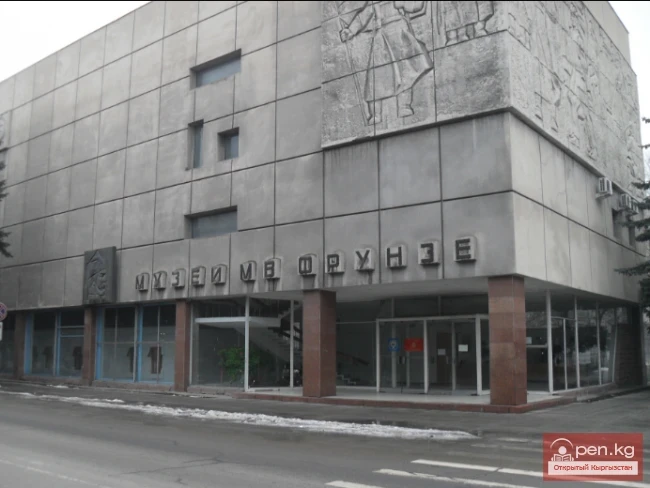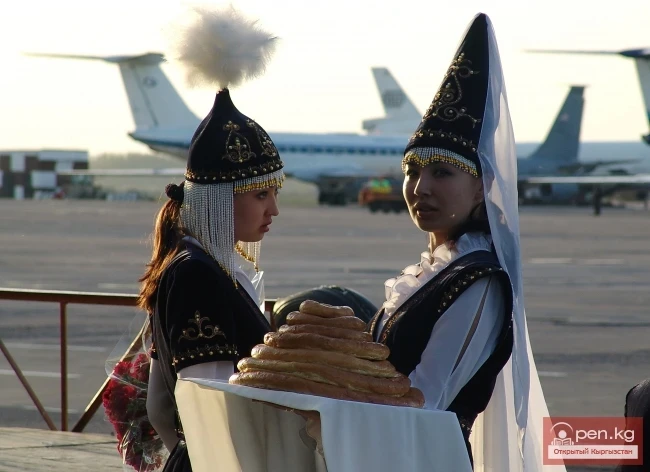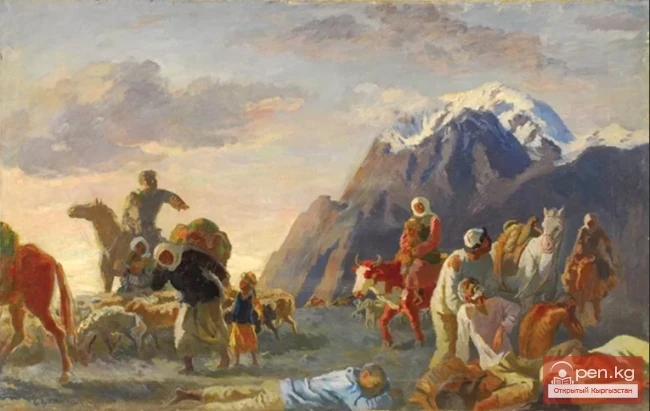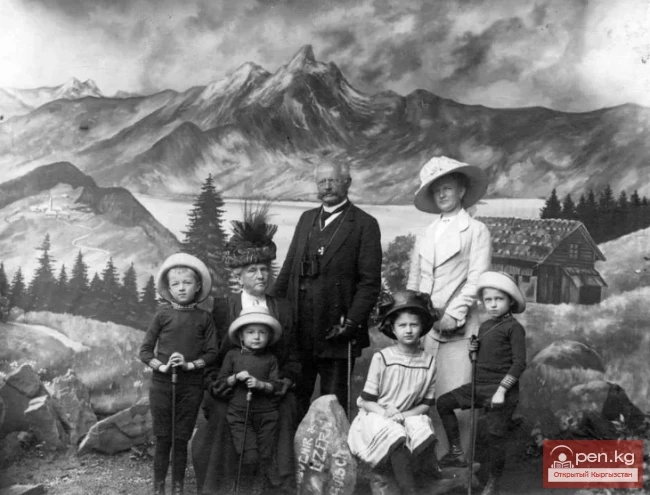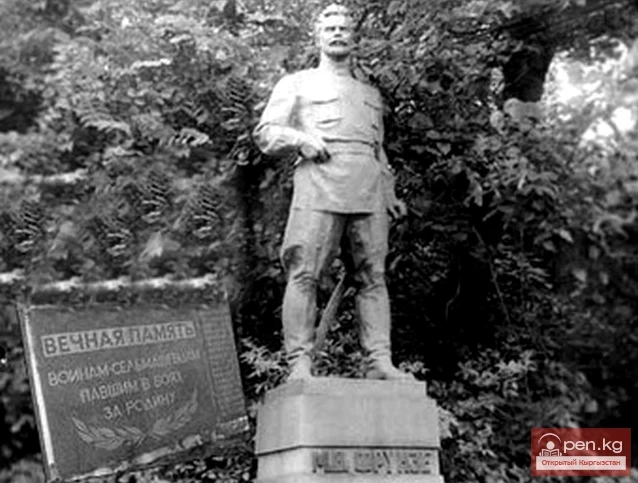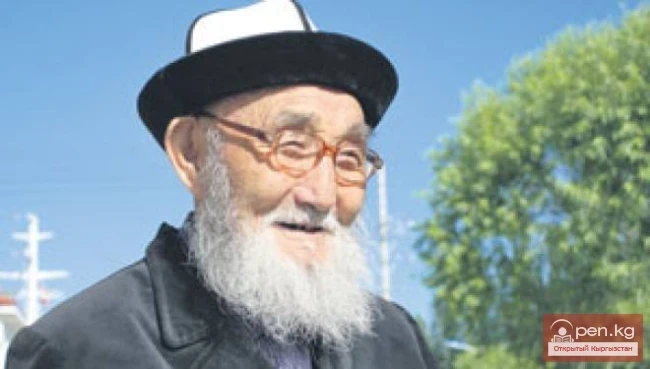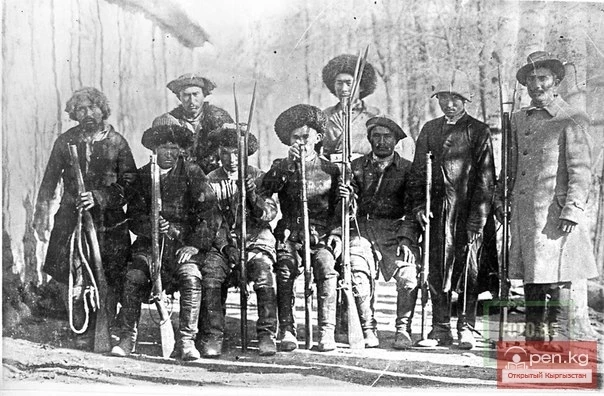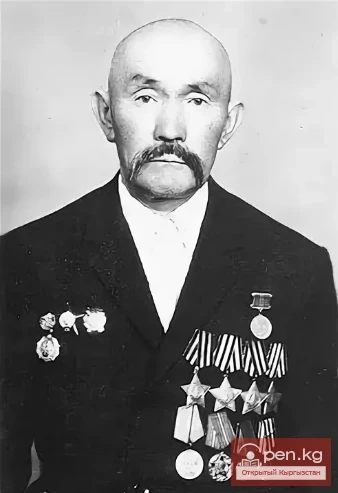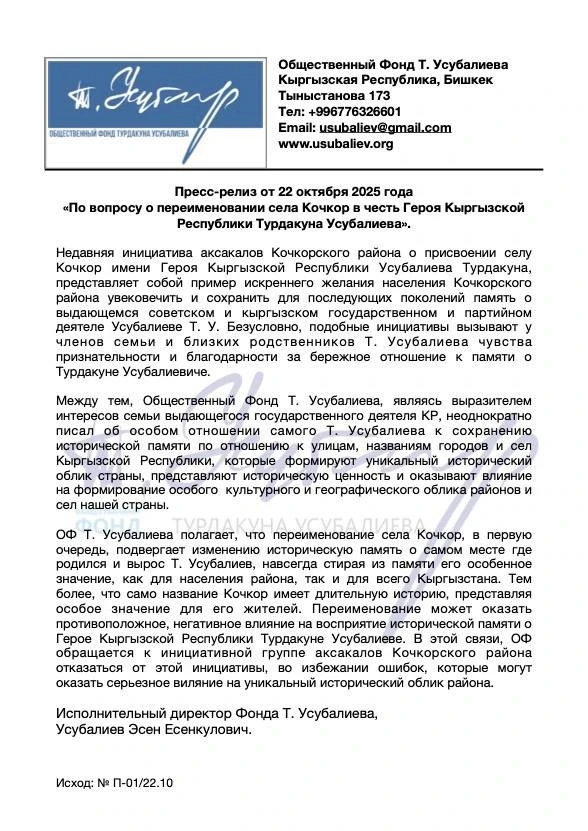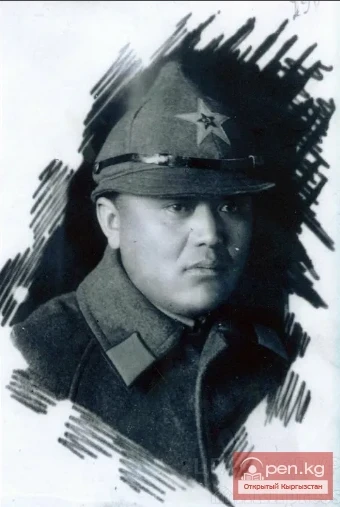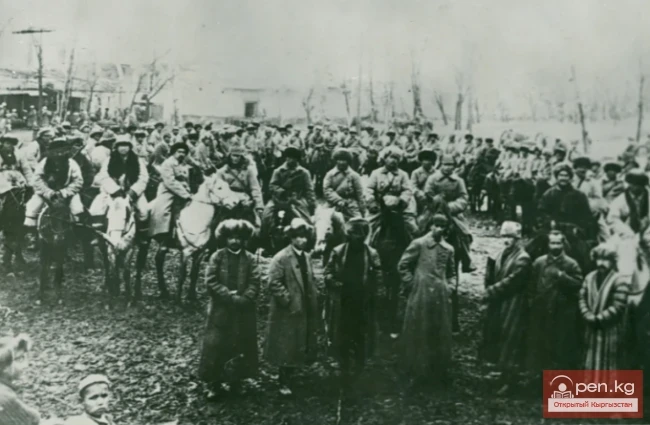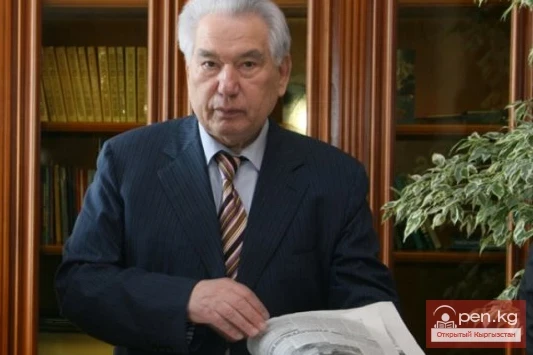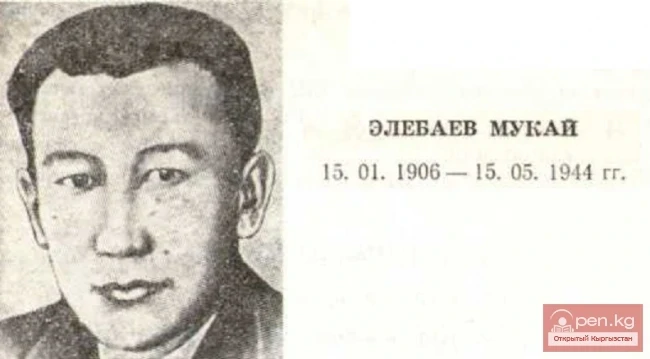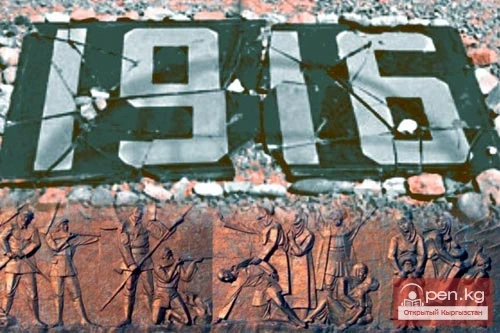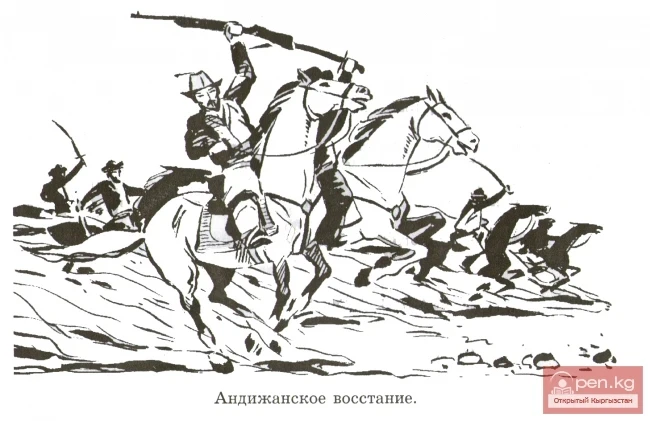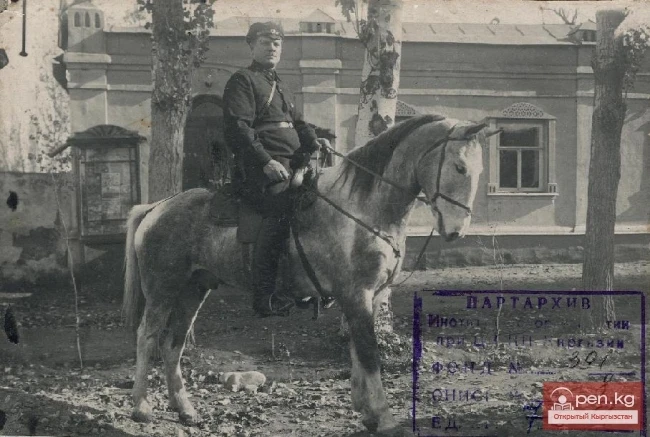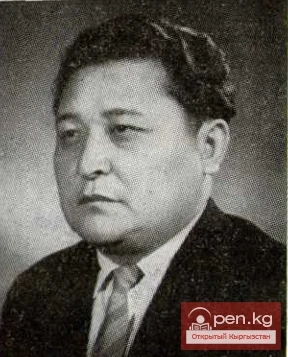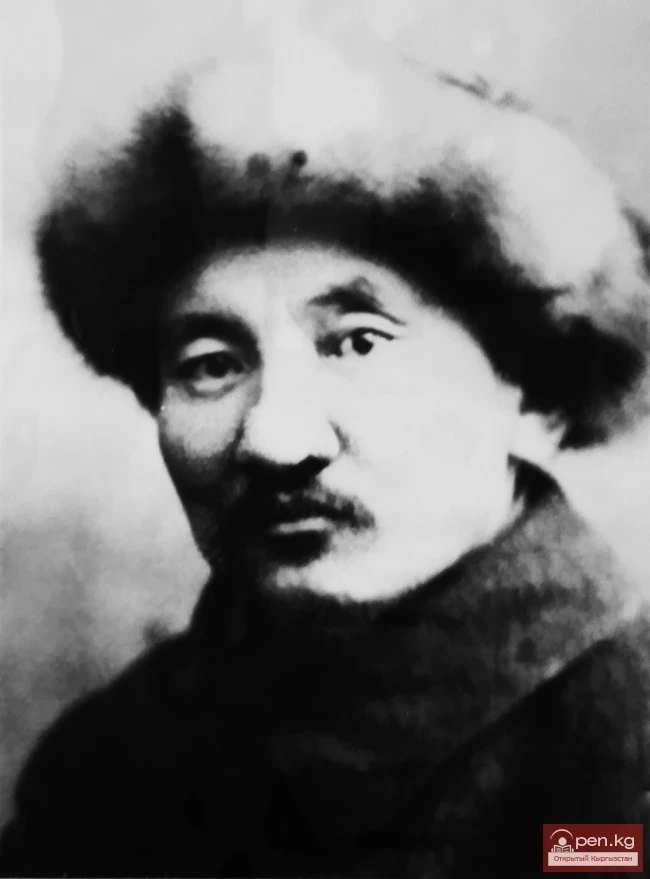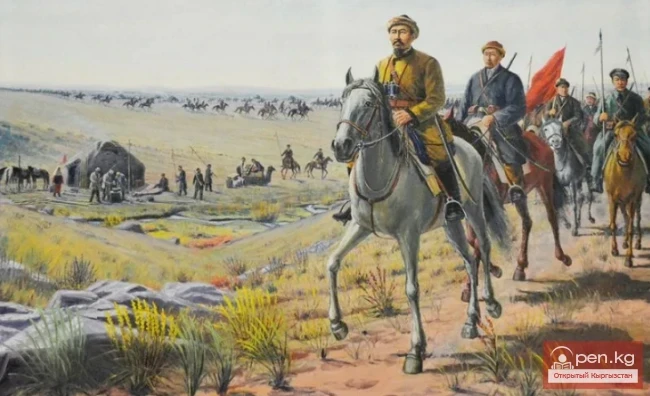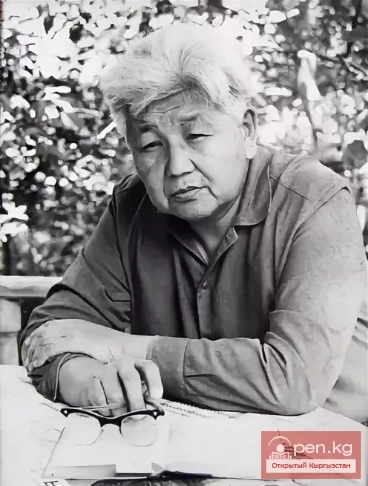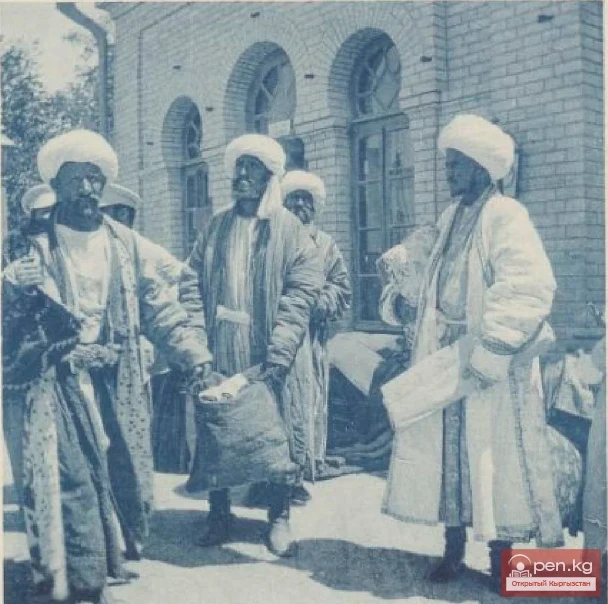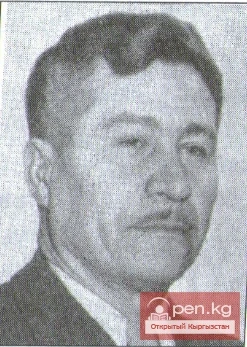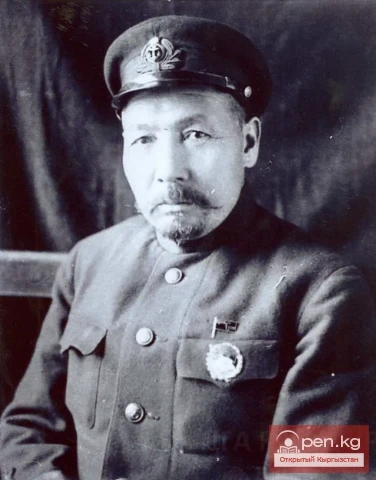
Orozbekov Abdykadir - an outstanding state and public figure, the first head of state.
The name of Abdykadir Orozbekov is associated with many epithets that begin with the words "first" or "one of the first."
A. Orozbekov was one of the first Kyrgyz who joined the army of hired workers during the period of property stratification in Kyrgyz kystaks. He was one of the few Kyrgyz whose revolutionary consciousness was formed in an international proletarian environment. It was in this environment that he progressed from an ordinary participant in strikes to their organizer and the initiator of the establishment of a workers' trade union.
He was born in 1889 in a family of a poor peasant in the village of Okhna, Margilan district, Fergana region (now Kadamjai district, Batken region).
Nationality: Kyrgyz.
Languages spoken: Kyrgyz, Russian, Tajik, Uzbek. Family: married, with three children: 2 sons and a daughter.
Orozbekov began his prominent activities in the revolutionary movements of 1916 in the Fergana Valley, when a national liberation uprising occurred, brutally suppressed by the tsarist authorities.
The main reason for the unrest was the decree issued on June 25 by the Russian tsar regarding the so-called "requisition of foreigners" for rear work, which caused sharp protests among the indigenous population of many regions of Central Asia.
Later, from 1918 to 1920, he served in the Red Army. In early 1918, A. Orozbekov joined the ranks of the Communist Party. He participated in the labor movement of Turkestan. He actively fought for the establishment and strengthening of Soviet power in Kyrgyzstan. During the Civil War, he rose from an ordinary fighter to a squad commander and commissioner. In the 1920s, the party sent him to work in rural areas. There, he led and personally participated in military operations against the Basmachi bands - armed counter-revolutionary nationalist movements of the feudal-bourgeois class.
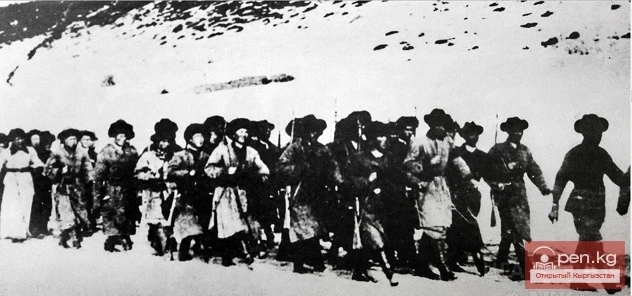
The son of a poor man who fought against the Basmachi and began his state activity with the district land department, by 1925 he was elected chairman of the Kara-Kyrgyz (later - Kyrgyz) regional executive committee. In March 1927, A. Orozbekov became the chairman of the Central Executive Committee of the Kyrgyz ASSR, and after the formation of the union republic in March 1937, he became the chairman of the Central Executive Committee of the Kyrgyz SSR. In the 1930s, he headed the central commission for developing a new Kyrgyz alphabet and led the V.I. Lenin Foundation for assisting orphaned children. During his leadership, the Kyrgyz and Russian drama theaters were opened, along with many higher educational institutions and the Kyrgyz State Philharmonic. According to historians, he can be called (due to the position he held) the first Kyrgyz president, standing at the origins of our statehood. Throughout his long tenure leading the republic, A. Orozbekov paid special attention to the establishment and strengthening of Kyrgyz statehood, the consolidation of fragmented ethnocultural territories of the Kyrgyz into a single territorial-administrative unit, and the development of the socio-economic and cultural spheres of life for the peoples of the young republic.
For establishing Soviet power in the Fergana Valley, A. Orozbekov was awarded the "Golden Badge" of the Turkestan Republic in 1924.
On May 3, 1932, for his achievements in the development of the Republic, Orozbekov Abdykadir was awarded the Order of the Red Banner of Labor.
From 1925 to 1937, he held the position of chairman of the Central Executive Committee of the Kyrgyz SSR.
On false charges in 1937, he was labeled a "nationalist double dealer" and arrested, and in 1938 he was executed as a member of the Nationalist Party "Turan." In 1956, A. Orozbekov was posthumously rehabilitated.
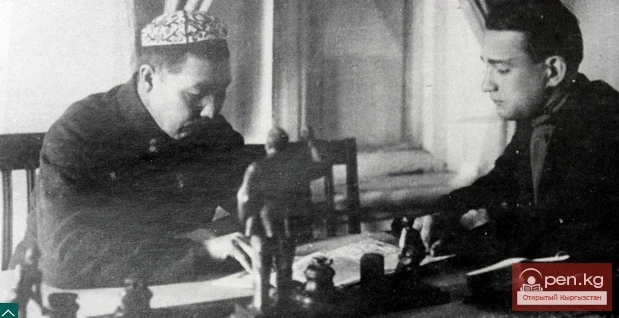
Abdykadir Orozbekov, six months before his arrest, noted in a report at the V Extraordinary All-Kyrgyz Congress of Soviets that "from 1924 to 1937, dozens of industrial enterprises were built, gross industrial output increased more than 7 times, and the gross grain harvest increased 4 times, cotton by 7 times.
The literacy rate reached 68 percent. In difficult conditions, hundreds of roads were constructed, and the republic's vehicle fleet exceeded 1,000 vehicles."
During his 12 years as head of the Kyrgyz Soviet Republic, A. Orozbekov made a significant contribution to the establishment and development of the national statehood of the Kyrgyz people.
